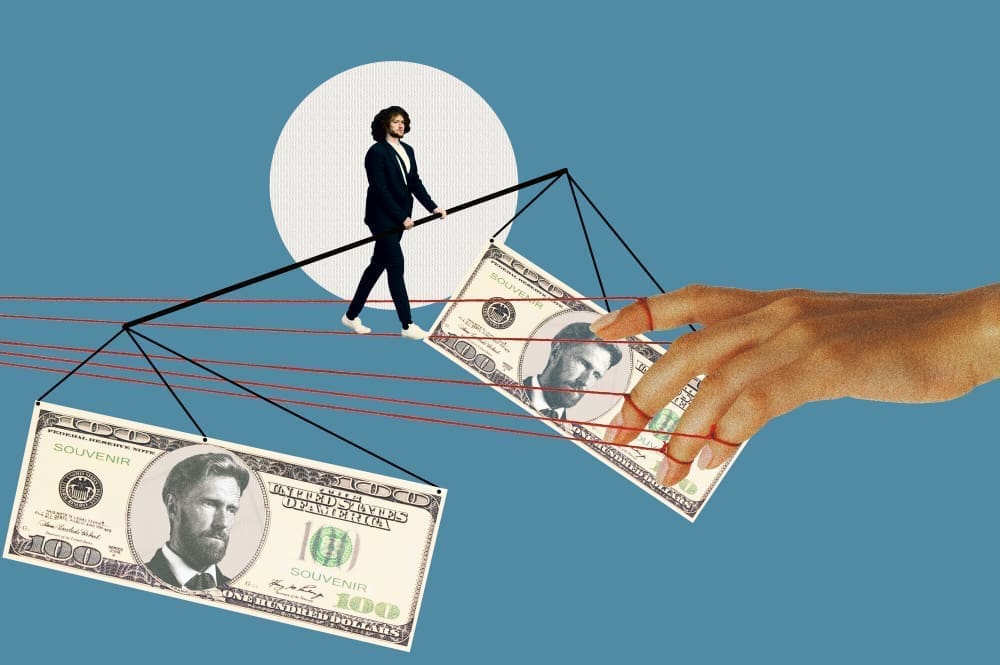Inflation is not directly attributable to President Trump, yet it has become a pressing concern under his leadership. His tendency to redirect blame is well-known, often pointing fingers at external factors or previous administrations for negative economic trends. Recently, the Consumer Price Index rose by 3% year-over-year in January, marking the fastest increase since June and prompting immediate reactions from the financial markets. Such movements have led to investors offloading stocks, anticipating delayed interest rate reductions by the Federal Reserve.
Trump’s approach to dealing with inflation has largely consisted of simplistic solutions, such as implementing tariffs and promoting drilling, which experts argue may not effectively address the underlying issues. Additionally, his claims of being able to reduce or reverse inflation rates have been met with skepticism. Economic analysts suggest that these measures could potentially lead to adverse economic outcomes, like triggering a recession. Historical comparisons, such as Japan’s economic struggles, highlight the complexities involved in directly controlling inflation through aggressive policies.
Vice President JD Vance has emphasized patience, noting that significant economic changes take time, while the administration is already stepping back from earlier promises of rapid economic fixes. Trump’s public statements have often highlighted America’s wealth potential, yet fail to address escalating consumer frustrations over rising costs, such as those for essential goods like eggs and gasoline, which have seen significant price hikes.
Public sentiment reflects growing dissatisfaction with the administration’s inflation policies. According to recent polls, many Americans believe Trump’s strategies have not adequately focused on combating inflation. This discontent is compounded by consumer expectations of continued price increases, potentially exacerbating the issue. The psychological aspect of inflation suggests that when people expect higher prices, their behavior might reinforce those expectations, making inflation management more challenging. Authorities can play a role in shaping these perceptions through strategic communication rather than solely attributing blame to political rivals or demographic groups.
Inflation presents a multifaceted challenge for the Trump administration that extends beyond simple policy solutions. As economic pressures mount, the administration’s ability to effectively communicate and manage public expectations will be crucial in navigating this complex issue.








